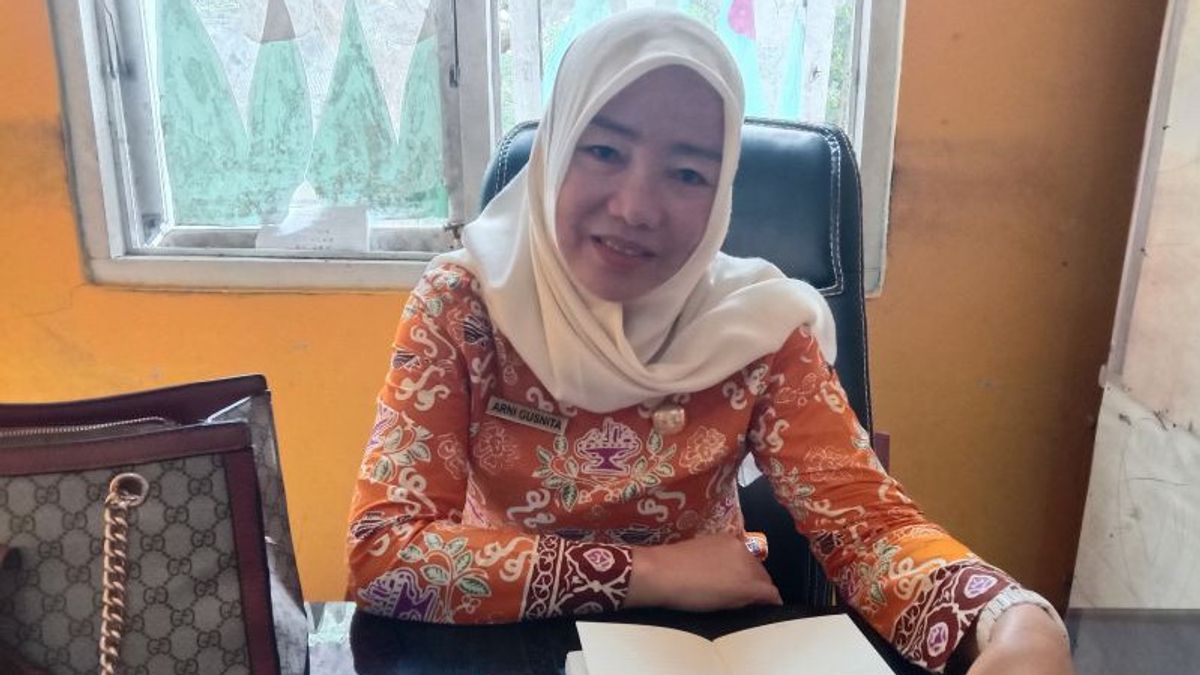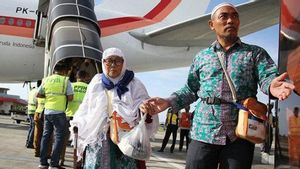MUKOMUKO - The Government of Mukomuko Regency, Bengkulu, immediately laid off 333 of 783 regional employees with work agreements (PDPK) or honorary teachers and non-educational elementary school level.
This policy was taken following a reduction in the budget to pay salaries sourced from the 2022 APBD.
"As of July 1, 2022, these 333 people are no longer working as regional temporary workers," said Head of Basic Education of the Mukomuko Regency Education and Culture Office, Arni Gusnita in Mukomuko, Antara, Thursday, June 9.
The Mukomuko Regency Government has conducted an assessment of school principals and supervisors to assess and evaluate regional honorary staff who still meet the requirements for extending their work contracts.
Of the 783 honorary workers in the area, 450 of them are still having their work contracts extended starting July 1, 2022.
There are several criteria for regional honorary workers whose work contracts are not renewed, namely people who are registered as regional honorariums but have never come to work.
Then the honorary staff who double job. He is a regional honorary but becomes a village apparatus whose salary comes from the APBD and APBN.
In addition, his party is also guided by regional regulations that regulate honorary workers who are paid by the local government until the age of 50 years.
Various rejections of honorary workers such as educational qualifications, distance traveled, age, "double job" or using funds from two sources, both APBD and APBN.
He said that of the 873 honorary staff, there were 372 elementary school teachers, 190 junior high school teachers, 154 elementary school administrators, 67 junior high school administrators.
Then out of the 783 honorary workers, he said, the temporary workers whose work contacts are still being extended, namely for the elementary level are 300 people and 150 people are for junior high school.
Mukomuko Regency currently has 422 civil servant teachers and government employees with work agreements at the junior high school level, or still less than 280 people from the requirement of 702 people.
Meanwhile, there were 832 elementary and non-educational teaching and non-educational staff, or 472 people less than the need for 1,304 people.
The English, Chinese, Japanese, Arabic, and French versions are automatically generated by the AI. So there may still be inaccuracies in translating, please always see Indonesian as our main language. (system supported by DigitalSiber.id)













